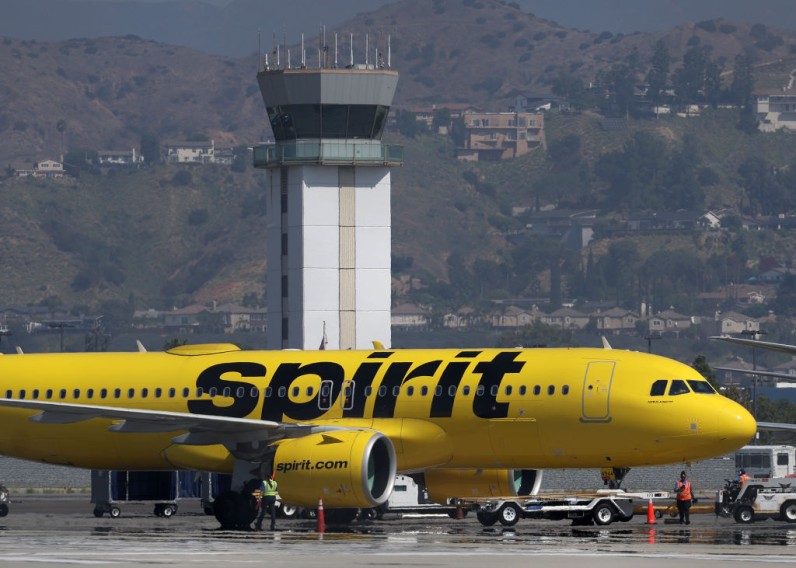
Spirit Airlines CEO Ted Christie voiced strong criticism of the United States (US) airline industry, labeling it a "rigged game" that disproportionately benefits major carriers.
Christie's comments came during Spirit's quarterly earnings call Monday, following the collapse of a proposed $3.8 billion merger with JetBlue Airways due to antitrust concerns raised by the Justice Department.
Regulatory Challenges Faced by Spirit, JetBlue Merger
Christie voiced frustration regarding the regulatory obstacles encountered by smaller carriers such as Spirit and JetBlue, emphasizing that the federal court's decision to halt their merger with JetBlue was a significant misinterpretation of both the evidence and the law.
He emphasized that the government's intervention reflects a lack of understanding of the airline business, especially in the post-Covid era.
JetBlue and Spirit, both low-cost carriers, have struggled to maintain profitability amid industry challenges exacerbated by the Covid-19 pandemic.
In the first quarter of 2024, Spirit reported a loss of $143 million, while JetBlue faced a larger loss of $716 million.
The grounding of dozens of Airbus A320neo-family jets due to engine inspections added to their operational woes.
Ted Christie: 'American Consumers Are The Long Term Losers'
Christie highlighted the concentration of profits among a few major carriers, such as American Airlines, Delta Air Lines, United Airlines, and Southwest Airlines, which collectively control 78% of US domestic airline seats.
This consolidation, he argued, has led to a scenario where "American consumers are the long-term losers."
Despite the setback of the failed merger, Spirit is focused on charting its own course to profitability.
The company plans to reduce capacity, adjust staffing levels, and restructure debt obligations. Christie remains optimistic about Spirit's future, emphasizing the need for strategic changes in response to the evolving industry landscape.







Join the Conversation